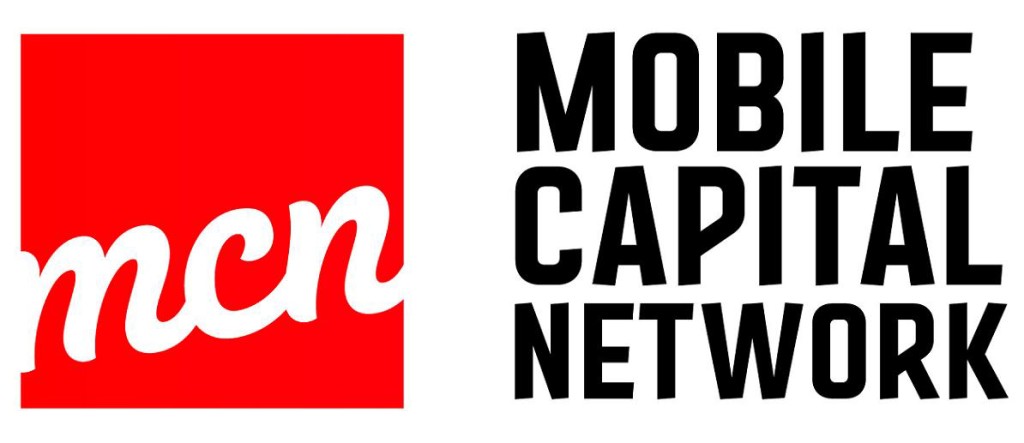As a result of COVID-19, the Federal Government enacted a series of short-term measures to assist businesses with the effects of this pandemic. Here are some clarifications to these measures as well as the information on how to apply for them. Whether you are an existing client or have general questions about these measures, please contact us.
Grants
This is the single most popular topic we have received questions about over the last 10 days. For the majority of companies, this stems from the need for short term financing and mitigation of cancelled or delayed contracts (particularly for B2B companies). Sadly, the federal government has been quiet on this front. The government has not requested any mandate changes from organizations, other than to expedite COVID-19 related R&D. We suspect this may change in the near future.
Most active grants available at the moment require co-investment from accredited investors, taking on new projects or hiring new employees. In addition, some are in the form of repayable loans, or in some cases, only provide ‘in-kind’ funding. At MCN, we don’t believe in simply publishing a list of grants to peruse through. Our analysts constantly review funding available and can help your organization review whether these programs make short, mid or long-term sense to participate in. For help in determining if a particular program or opportunities may be available for your organization, please contact us for a no-nonsense consultation.
ScaleAI, Innovative Solutions Canada, Strategic Innovation Fund and the National Research Council have some grant funding available for COVID-19 related projects. Reach out to learn more about these new channels.
Wage Subsidies
The government announced a 10% wage subsidy for businesses. The maximum subsidy is $1,375 per employee and $25,000 per employer. Canadian-controlled private corporation (CCPC) having an existing business number and payroll program account with the CRA on March 18, 2020, are eligible for this subsidy as long as they pay salaries, wages, bonuses, or other remuneration to its employees for the period from March 18, 2020, to June 20, 2020. The exception is made for CCPCs with taxable capital employed in Canada for the preceding taxation year exceeding $15 million. These companies are not eligible for the subsidy.
Eligible companies do not have to apply for this subsidy and can access it by reducing the amount of the remittances owed to the CRA and keeping the balance. How to do this as well as other details can be found on the official Government of Canada website.
Tax Deferral
The government allowed all businesses to defer until after August 31, 2020, the payment of any income tax amounts that become owing on or after Mach 18 and before September 2020. This deferral applies to tax balances due, as well as instalments. No interest or penalties will accumulate on these amounts during this period. Note, however, that this relief applies only to corporate income tax and does not cover GST/HST and other taxes owing.
Audits
The CRA will not contact any small or medium (SME) businesses to initiate any post assessment GST/HST or Income Tax audits for the next four weeks. The open cases are still being worked on, although, on a vast majority of files, the CRA has temporarily suspended audit interaction with taxpayers and representatives. For more information, please follow this link.
Information on EI and Payroll-related issues
The Canadian Payroll Association provided information on payroll and EI in a document accessible at this link.
We have refrained from commenting on the EDC and BDC loan enhancements announced as a part of the COVID-19 response package. The information on how these crown corporations will use these funds has not been fully articulated. We will publish details around these programs, and any new initiatives as new announcements are made by the various levels of government across Canada.

